When I first started learning languages we probably had the same idea. I found books, attended rigorous classes, studied grammar and vocabulary endlessly, listening to audiobooks and slow well-dictated conversations. I thought that taking this approach step by step was the correct way to learn a language because that’s what I’ve always been told is correct. I felt I was making progress cause I could say “Well I’ve studied these 10 grammar rules and read 50 pages of this book so I must be getting better by now”. I quickly learned that this isn’t the case.
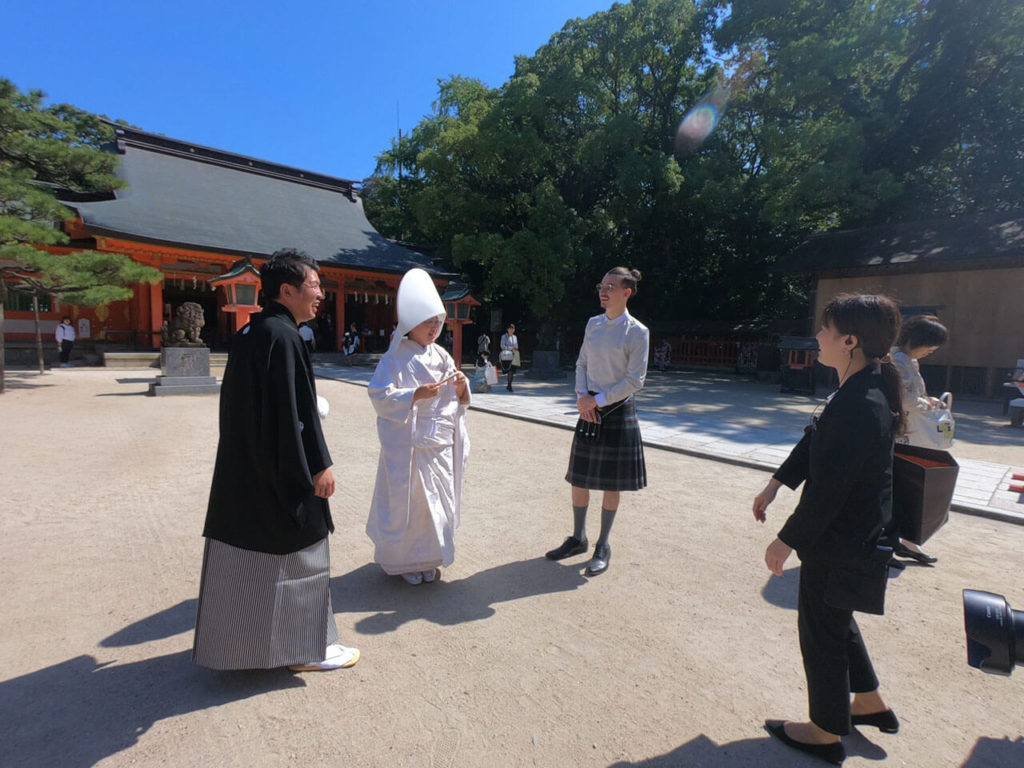
To put it into perspective I’ll ask this question. Did Arnold Schwarzenegger get big by reading books? Of course not, he got big by hitting the gym and going beast on all the machines. That, and a strict diet routine and healthy lifestyle. It’s the same with language learning.
When I started studying my second language I took a completely different approach and went with the feet first approach where I was always practising whenever I could, even if I sounded a mess and struggled to speak.
I didn’t read any grammar books or learn anything ABOUT the language. I simply watched one YouTube series where a foreigner lands at the airport and goes to his hotel. Each video was about 6 minutes long. I decided to only watch this video for a month and practice speaking whenever I had the chance. This language so happens to be Chinese so it’s quite easy to find Chinese people wherever you go in the world. If I saw some Chinese people at the bus stop I’d talk with them. If I walked by a Chinese restaurant I’d stop in and order my food in Chinese. If I heard some Chinese tourists I’d stop them and ask them about where they’re from and what they’re doing here.
In the beginning, my Chinese was just awful! My tones were all over the place, I’d forget words, and I couldn’t understand what people were saying. Yet. Every time, everyone was patient, helped me, and gave me encouragement. But still, I kept watching the same videos and only focus on those sentences. In fact, I didn’t even know the meaning of most of the words when I spoke. I’d speak a whole sentence knowing that the overall meaning was what I wanted to say. I must point out, this was more of an experiment where I wanted to see if I could learn a language without a strict classroom/grammar style learning routine.
Over time, my Chinese naturally got better. I could say sentences without needing to think. I could understand sentences other people were saying and I’d respond without needing to translate from English. I actually felt quite comfortable having small conversations without stopping. 1 minute lead to 2 minutes, 2 minutes lead to 3 minutes, then 5 then 10 and so on.
Whenever I didn’t know a word I’d simply explain it in whatever way I could:
Me: “I like reading… uhmmm, the thing that people read.”
Chinese speaker: “You mean a ‘book’?”
Me: “Yeah, that’s the one! A book! I like reading books!”
The next time I come to use this word, the recall process would go something like this.
“Ah, I know this word! I tried to say it last week but forgot. I was at the night market with Dong and I was eating fried chicken. It was night time and really hot.”
Now, it may seem like a lot to remember but obviously, you don’t think in that way. You just remember the moment like a picture. Now imagine if you were always sitting at your desk learning and tried to recall that memory.
“Ahh, I was seated at my desk reading a book…. wait, I do that all the time. It’s all the same!!!”
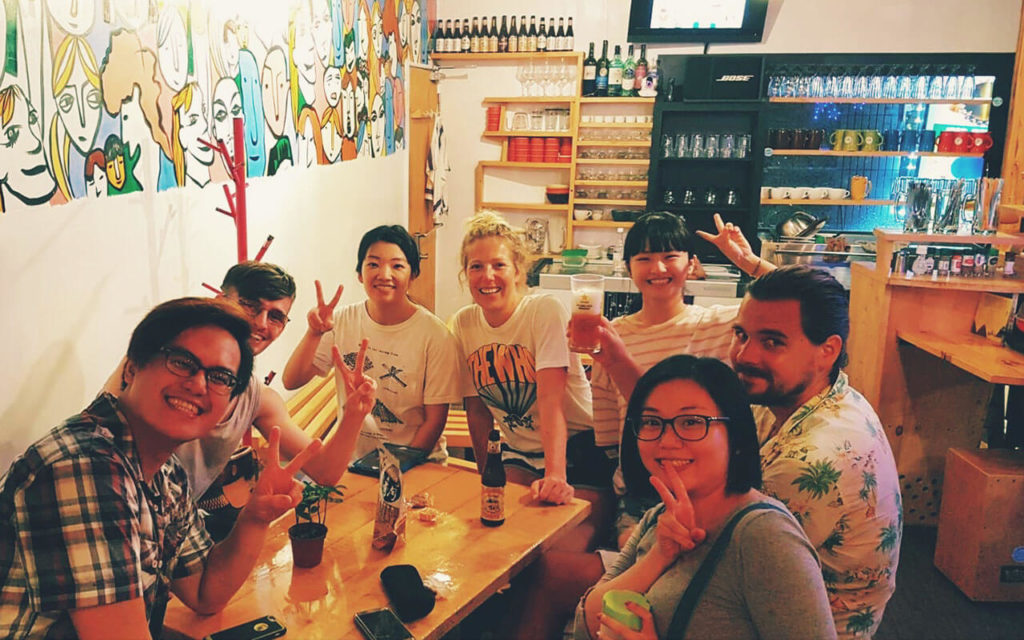
Another poignant example I always tell others when I convince them of the importance of real-life practice. I was hanging out with my friends and told them:
Me: “wo yao shui jiao”
Friends: “But it’s only 5pm. Why do you want to sleep?”
Me: “No! I’m hungry! wo yao shui jiao!”
Friends: “Ahhh! You mean ‘shui3 jiao3’.”
Me: “Yeahh! That’s what I said!”
You see, “sleep” and “dumplings” are both pronounced as “shui jiao” in Chinese. Only the tones are different. That’s something every foreigner goes through and never forgets.
Over time, everything started to click. Upon learning a new word or phrase, there’d often be a small moment of realisation where you know this word from a particular phrase and it just makes sense. What I was doing was putting together a jigsaw puzzle by where the more pieces I put together the more sense it made. At the start, you have no idea what you’re doing but it’s not possible at the start. You just have to keep going blindly, accepting the language for it is. Eventually, you begin to see the whole picture and when you do it’s such a powerful moment that you understand it a whole lot better than just reading about it.
If I compare these two languages now I can say that I know Korean a lot better but I feel more comfortable in using Chinese and have a deeper connection with it.
With Chinese, I took my first classes 2 years after I started and even then I didn’t go to them for very long. The people I met on the streets are my teachers. Like getting in shape, you just start then as time goes on you figure out what works for you adapt to your own needs.
Arnie could have sit in his home reading books about working out all day but he’d never gain a single muscle by doing that. Luckily with language learning, you can’t hurt yourself by lifting something too heavy for you so there’s nothing to lose really. Just get out there, speak, meet people, make mistakes, and learn through experience.



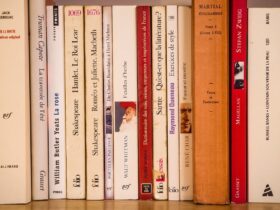








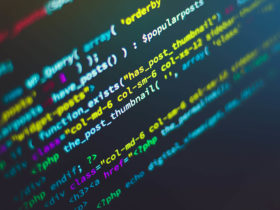



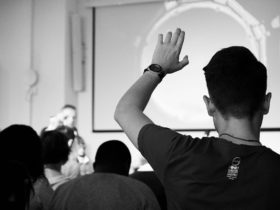



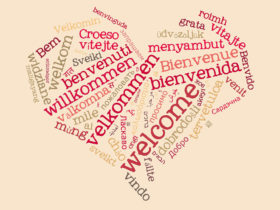



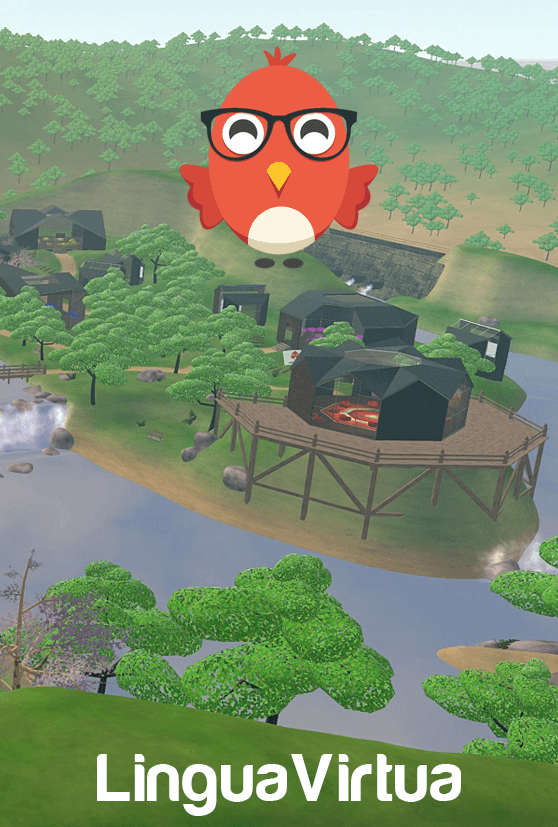


Leave a Reply